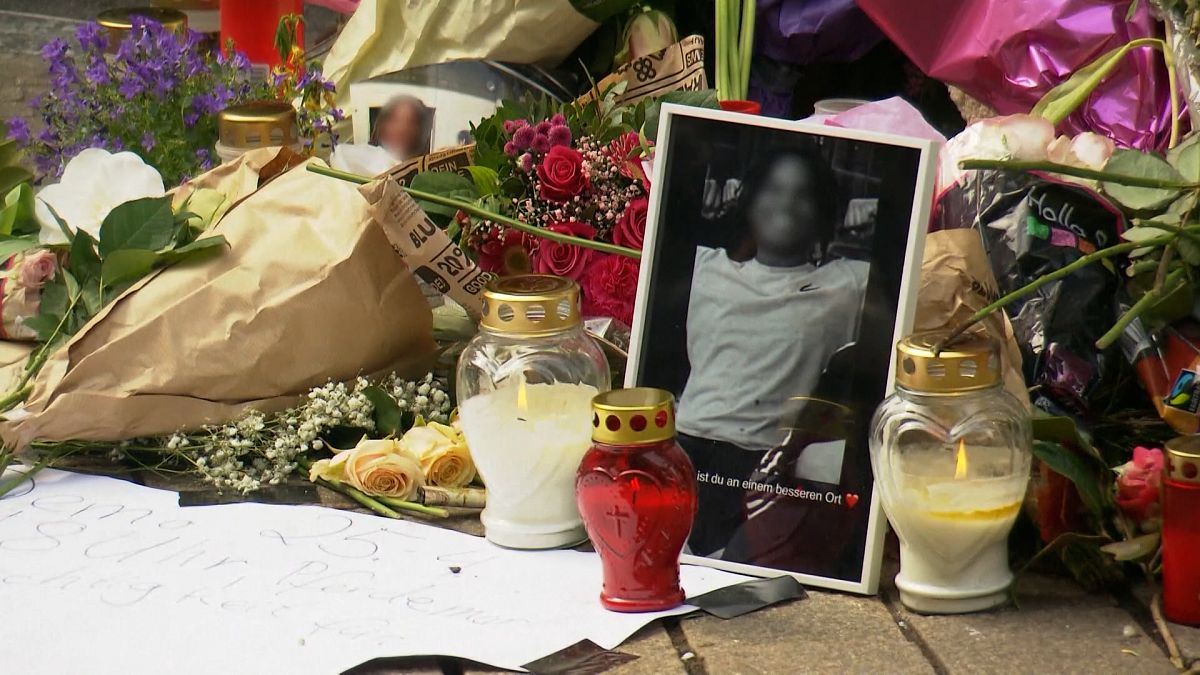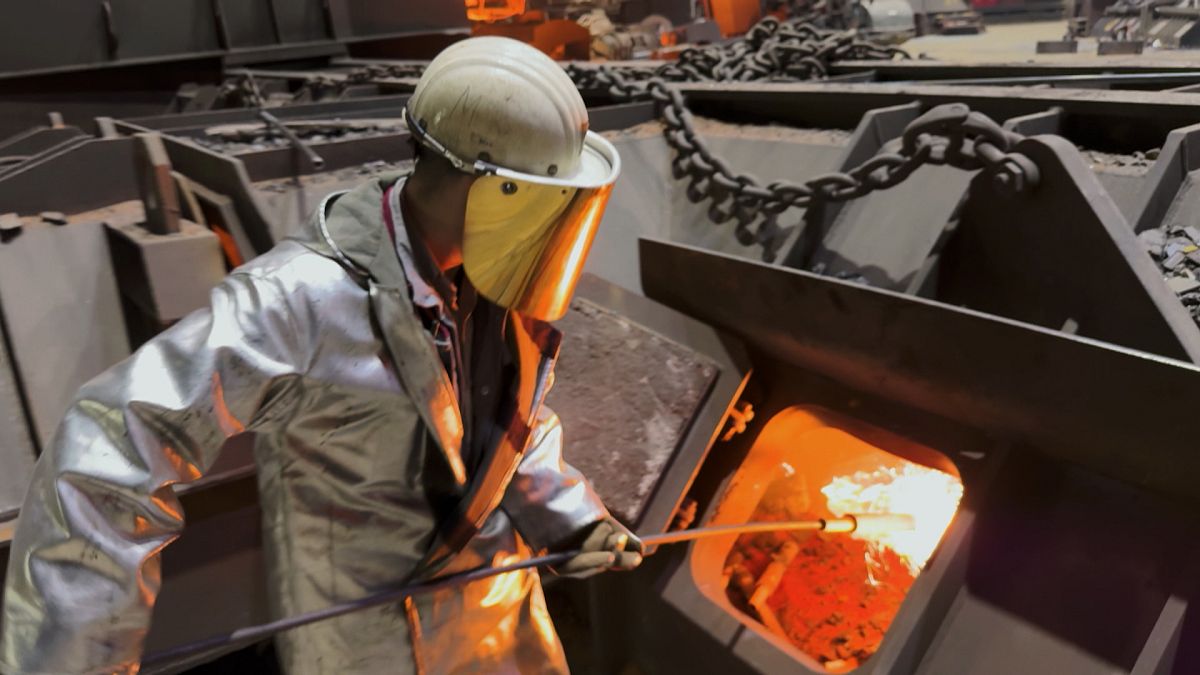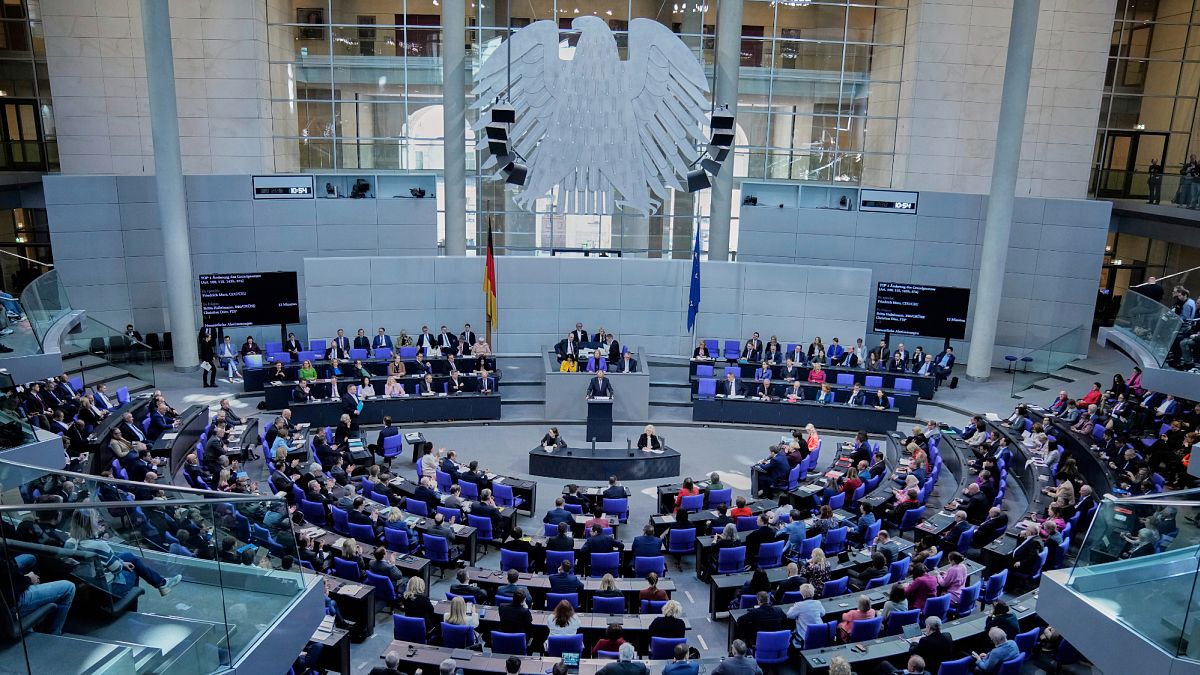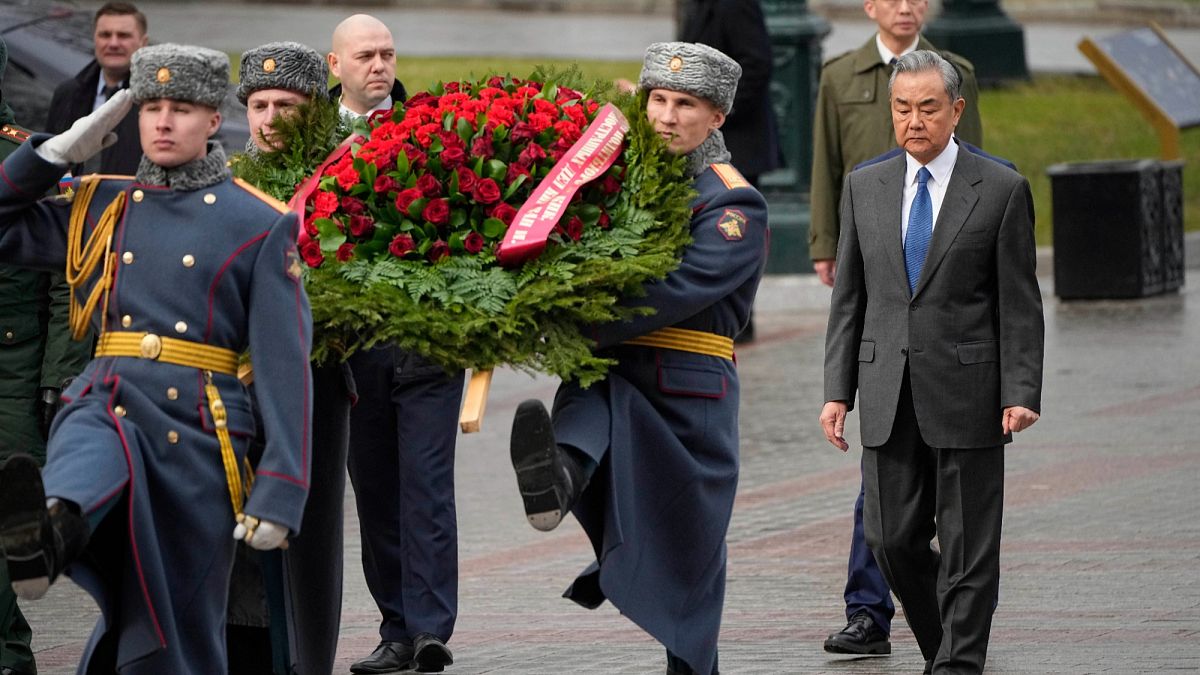Three people killed in knife attack in German city of Solingen

Solingen’s mayor Tim Kurzbach said in a Facebook post that, “we in Solingen are all in shock. We all wanted to celebrate our city’s anniversary together and now have dead and wounded to lament.”
Three people have been killed and four others seriously wounded in an attack at a festival in the western German city of Solingen, police said.
German news agency dpa said that police had confirmed the suspect is on the run.
It cited unidentified police sources as saying the weapon used in the attack on the central Fronhof square was believed to be a knife.
One of the festival organisers, Philipp Müller, appeared on stage and advised festivalgoers to, “keep your eyes open, because unfortunately the perpetrator hasn’t been caught.”
Police have issued a major alert and declared a manhunt.
Solingen’s mayor Tim Kurzbach said in a Facebook post that, “this evening, we in Solingen are all in shock. We all wanted to celebrate our city’s anniversary together and now have dead and wounded to lament.”
“It breaks my heart that an attack on our city happened,” he added.
The ‘Festival of Diversity’, marking the city’s 650th anniversary, began on Friday and was supposed to run through Sunday, with several stages in central streets offering attractions such as live music, cabaret and acrobatics.
Solingen has about 160,000 residents and is located near the bigger cities of Cologne and Düsseldorf.
Source: Euro News















